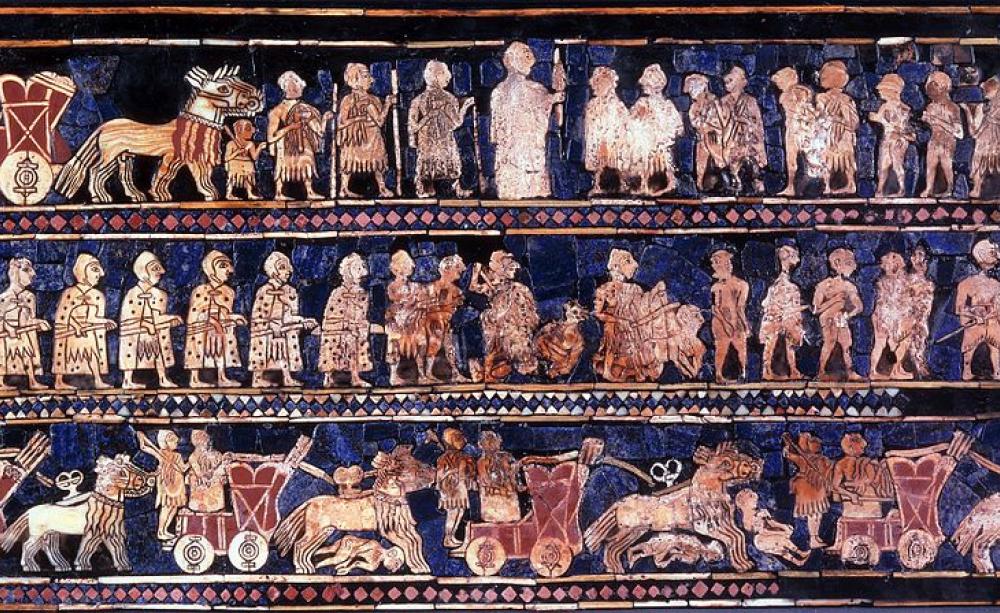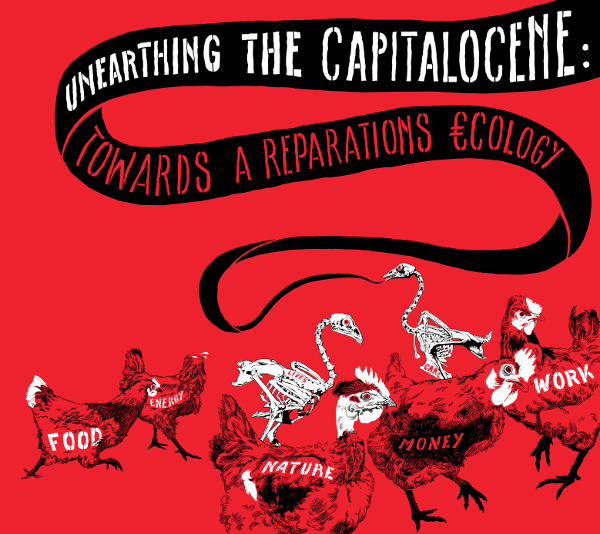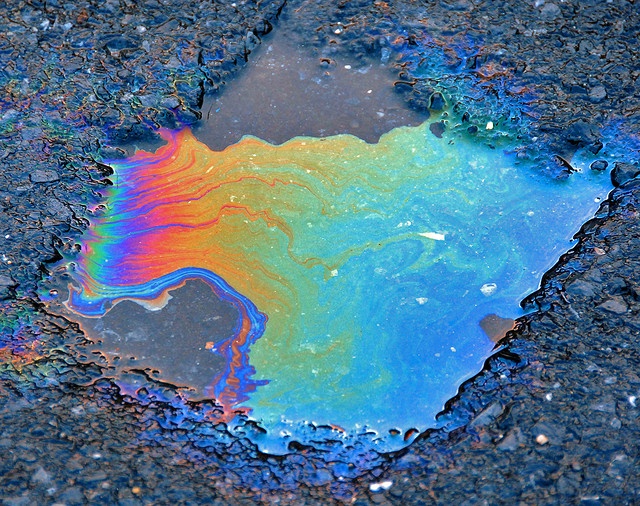In the years I’ve spent investigating these predicaments, I’ve been fortunate to meet experts who have delved deeply into specific issues—the biodiversity crisis, the population crisis, the climate crisis, the resource depletion crisis, the debt crisis, the plastic waste crisis, and on and on. In my admittedly partial judgment, some of the smartest people I’ve met happen also to be among the more pessimistic. (One apparently smart expert I haven’t had opportunity to meet yet is 86-year-old social scientist Mayer Hillman, the subject of this recent article in The Guardian.)
In discussing climate change and all our other eco-social predicaments, how does one distinguish accurate information from statements intended to elicit either false hope or needless capitulation to immediate and utter doom? And, in cases where pessimistic outlooks do seem securely rooted in evidence, how does one psychologically come to terms with the information?
Systems Thinking
…click on the above link to read the rest of the article…










.jpg)


